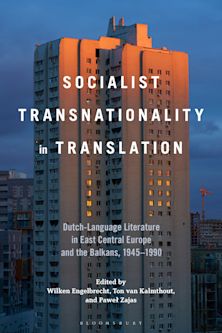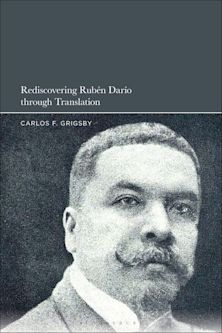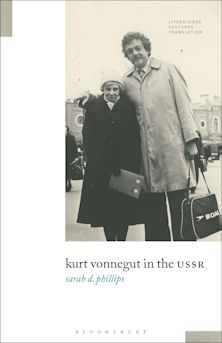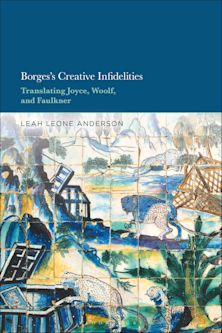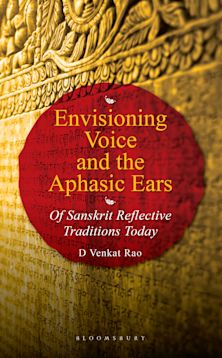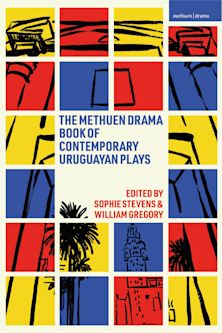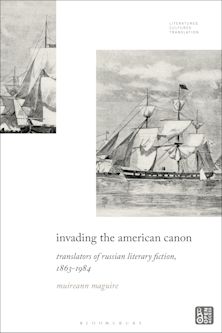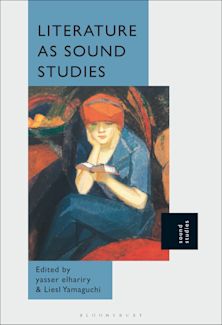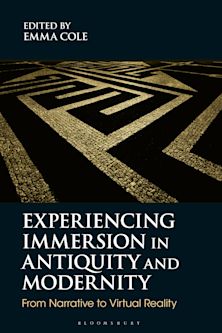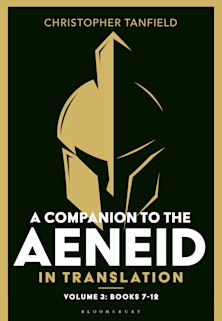Imagining a Postcolonial Nation
Hindi Novels and Forms of India (1940s-80s)
Imagining a Postcolonial Nation
Hindi Novels and Forms of India (1940s-80s)
This product is usually dispatched within 2-4 weeks
- Delivery and returns info
-
Flat rate of $10.00 for shipping anywhere in Australia
Description
This book explores narratives of nationalism in the Hindi novel (1940s–80s), engaging with mainstream, populist, political conceptualisation of a postcolonial nation and local, cultural, often marginalised fictional parallels and alternatives to it.
Analysing processes of nation-formation and nationalism(s) via experiments with the novel form and versions of realism in Hindi, conversations between the political and the cultural, rural/borders and the urban/central spaces, individual subjectivity and social structures, and the challenges Hindi novels' internal linguistic diversity poses to formalised Hindi's hegemony, Imagining a Postcolonial Nation: Hindi Novels and Forms of India (1940s–80s) traces Hindi fiction's history of postcolonial India. The multiplicity of realisms indicates significant responses to postcolonial nationalism, idealistic, critical, regional, satirical and psychological.
Looking at indigenous narrative methods employed by authors to critically evolve Western ideas of the nation and novel, the book explores the simultaneous convergences and divergences between literary and political understandings of ideological, religious and linguistic nationalisms. Surveying the broad sentiments of idealism, enchantment and disenchantment with freedom and postcoloniality, it studies the possibilities of fiction embodying national history without an outright commitment to mainstream nationalism or nationalist literary canon formation.
It also briefly tries to understand the repercussions of nationalism as a masculinist project and its gendered nature affecting a section of writing, novels by women authors, to present counter-narratives to both national and literary canons. Choosing a fairly broad historical timeframe, the book reveals the radical potential of narratives that have over the years been critically categorised as canonical. It reopens discussions around nationalism within novels that have been often canonised as apparently uncritically nationalist.
Table of Contents
Introduction: Postcolonial Nations and Novels
1940s: Idealistic Imagination: A Nation in Abstraction
1. Shekhar: A Life (1941, 44): Imagining New Nation(s) with Freedom
2. Tedhe Medhe Raaste (1946): Nationalism's Conflicts with Freedom(s)
1950s: Regional and Linguistic Nations: Manifesting Post-Independence Moha-bhang
3. Maila Aanchal (1954): Regional Interpretations of Nationalism
4. Jhootha Sach (1958, 60): Partitioned Truths of Freedom and Nationalism
1960s: Religious and Institutional Nations: Ironies of Freedom
5. Aadha Gaon (1966): Decoloniality, Faith and Landed-Economy Transitioning through Colonialism and Nationalism
6. Raag Darbari (1968): Satirising Narratives of National Progress and Freedom
1970s: Nation of Emergent Powers: Freedom in Crisis
7. Raat ka Reporter (1989): Narratives of National Emergency and Fragmentation of Psychosocial Reality
1950s–80s: Gendered Nations: Fluidity of Freedoms among Rigid Borders
8. Women, Narratives, Nations: (Dis)Continuous Histories
Conclusion
Notes
References
Index
About the Author
Product details
| Published | 30 Sep 2023 |
|---|---|
| Format | Hardback |
| Edition | 1st |
| Extent | 284 |
| ISBN | 9789356400238 |
| Imprint | Bloomsbury India |
| Dimensions | 216 x 135 mm |
| Publisher | Bloomsbury Publishing |

ONLINE RESOURCES
Bloomsbury Collections
This book is available on Bloomsbury Collections where your library has access.












